Take The Pledge
It's time society takes notice of how ugly the quest for beauty really is.
Dove believes if we look beyond tall, slim and skin colour, we will discover a whole new world of beautiful.
Take the pledge to #StopTheBeautyTest
#StopTheBeautyTest Filter
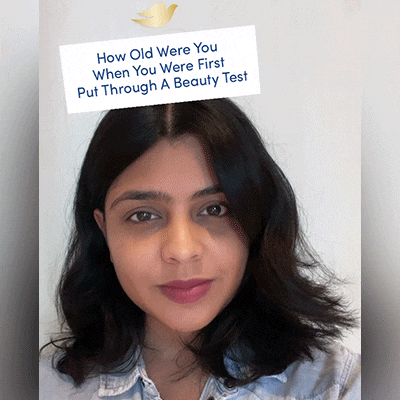
Click here to try the filter.
Highlights Of The Telethon 2.0
MoreVideos
MoreDove’s #StopTheBeautyTest 2.0: The Real Young Girls Behind Stop The Beauty Test
Dove thanks Vedika, Aditi, Aashna, Garvita and Akshadha, the young girls who agreed to be a part of this film. Click here to watch their stories.

Vedika, 17
“I have grown up feeling different from other kids in my school because of my curly hair.”

Aditi, 16
“I have been fat-shamed by my classmates. At that age, you are already insecure about yourself. So, I found it harder to make friends.”

Garvita, 12
“The first proposal I received for marriage...the boy’s mom told me she would like it if I got my birthmark removed after marriage.”

Aashna, 13
“My dad is on the darker side, my mom is quite fair. People used to often tell me, if only you had taken after your mom instead of dad.”

Akshadha, 13
" Chotu, 4’9 Kotiyani. I have had people refer to me by my height right since childhood. As I grew older, it only got worse..."
Dove Self-Esteem Project
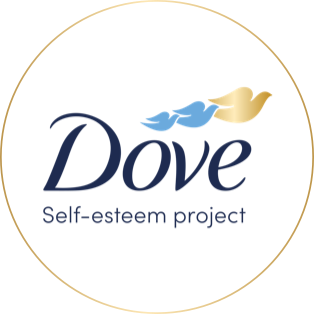
To break free from beauty biases, the Dove Self-Esteem Project is committed to empowering 8 million young people by 2025. Help a young person boost their self-confidence by downloading Dove's evidence-based resources on self esteem.
Dove’s #StopTheBeautyTest 1.0: The Real Women Behind Stop The Beauty Test
Dove thanks Mahak, Noor, Rajeshwari, Hemali and Deeksha for sharing their stories and agreeing to be a part of
this film. Click here to watch their stories.
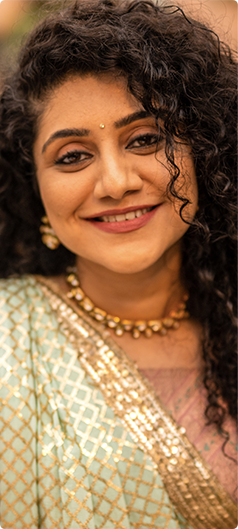
Hemali
“I have grown up feeling different from other kids in my school because of my curly hair.”
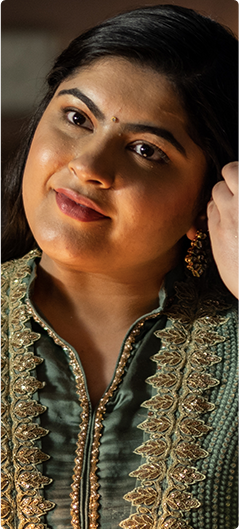
Mahak
“I have been fat-shamed by my classmates. At that age, you are already insecure about yourself. So, I found it harder to make friends.”
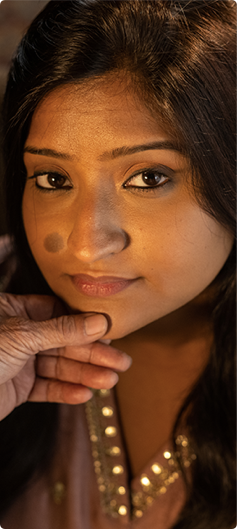
Deeksha
“The first proposal I received for marriage...the boy’s mom told me she would like it if I got my birthmark removed after marriage.”
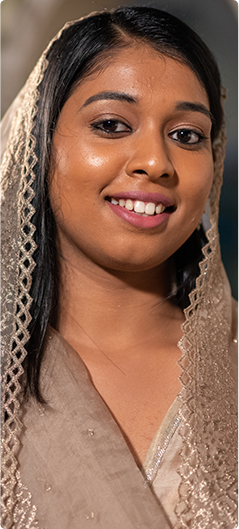
Noor
“My dad is on the darker side, my mom is quite fair. People used to often tell me, if only you had taken after your mom instead of dad.”
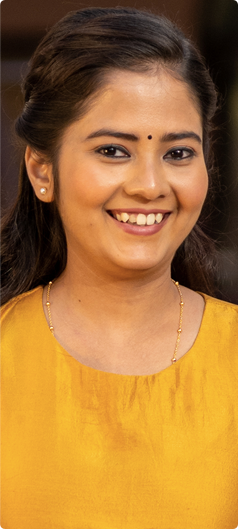
Rajeshwari
" Chotu, 4’9 Kotiyani. I have had people refer to me by my height right since childhood. As I grew older, it only got worse..."
About The Campaign
Dove, last year, began a movement provoking the nation to confront how beauty biases are amplified during the process of finding a life partner. The campaign showcased how the remarks deeply impacted the self-esteem of prospective brides. While addressing these angsts and discouraging societal stereotypes within the construct of marriage, the brand uncovered a key moment of truth wherein the first tryst with appearance-led anxiety amongst women started much younger - as early as adolescence. At a time when these girls should be concentrating on education, they are being unknowingly subjected to beauty biases by society. This early conditioning and grooming leads to them being graded as per a societal prescription of beauty - significantly affecting their overall confidence.
Dove’s #StopTheBeautyTest 2.0, the second leg of the initial campaign, has shifted its focus on the root of the problem - from prospective brides to teenage girls. The film features real girls who narrate real stories of how they have been subjected to varied beauty tests based on their appearances and thereby rated by society on their looks instead of their intellect / aptitude. 80% of Indian school girls have faced this test.
*Based on the research conducted by Hansa Research during Dec'20. N=1057 females across 17 urban cities in India.













